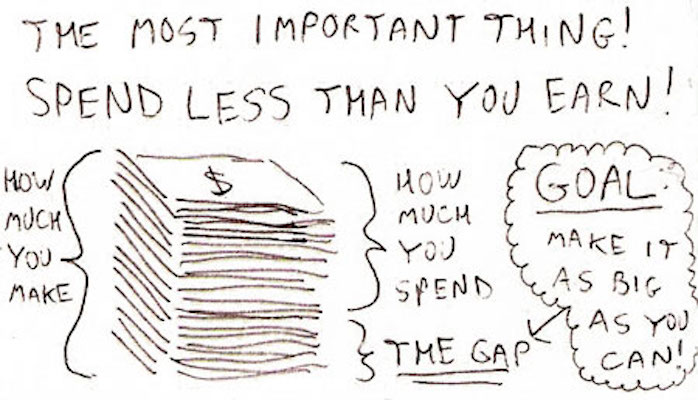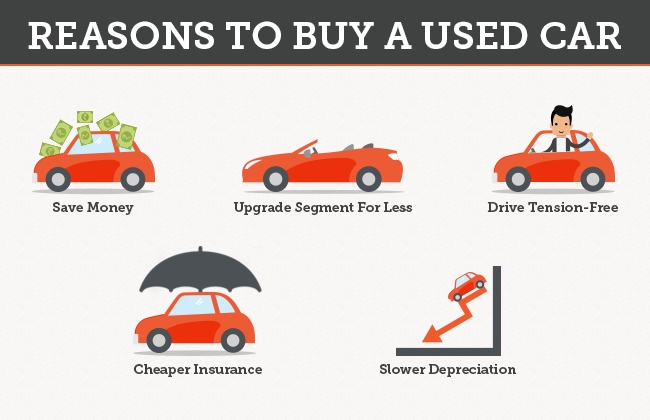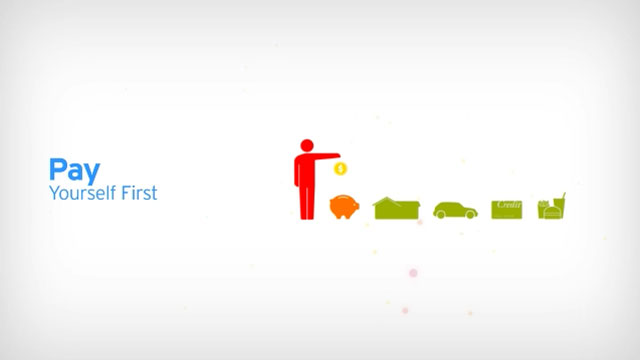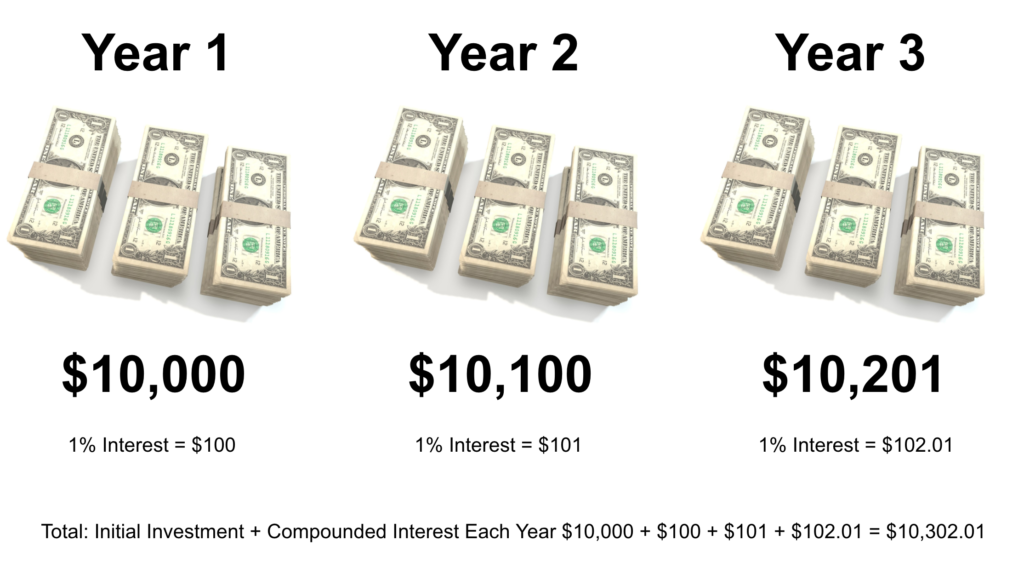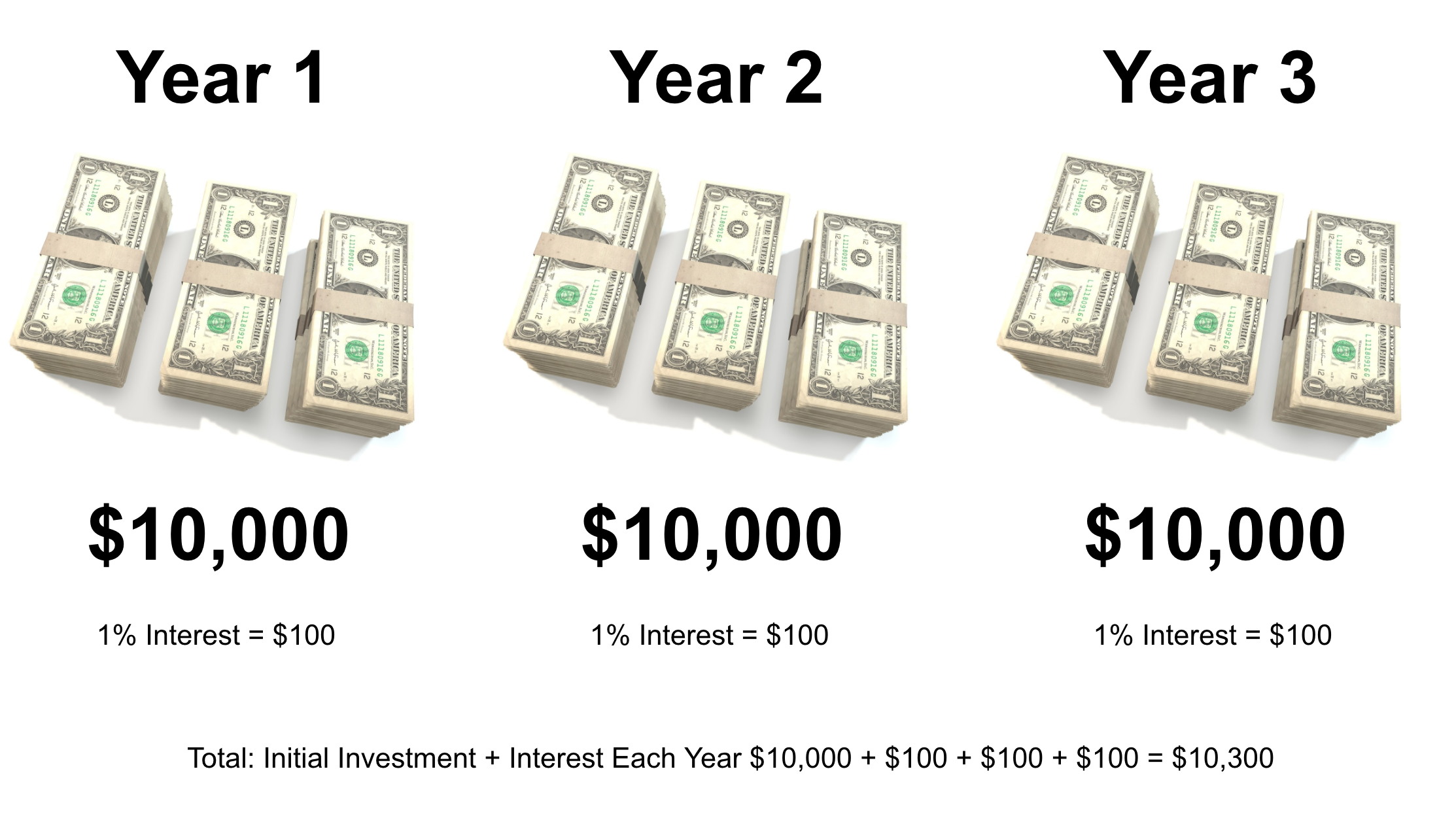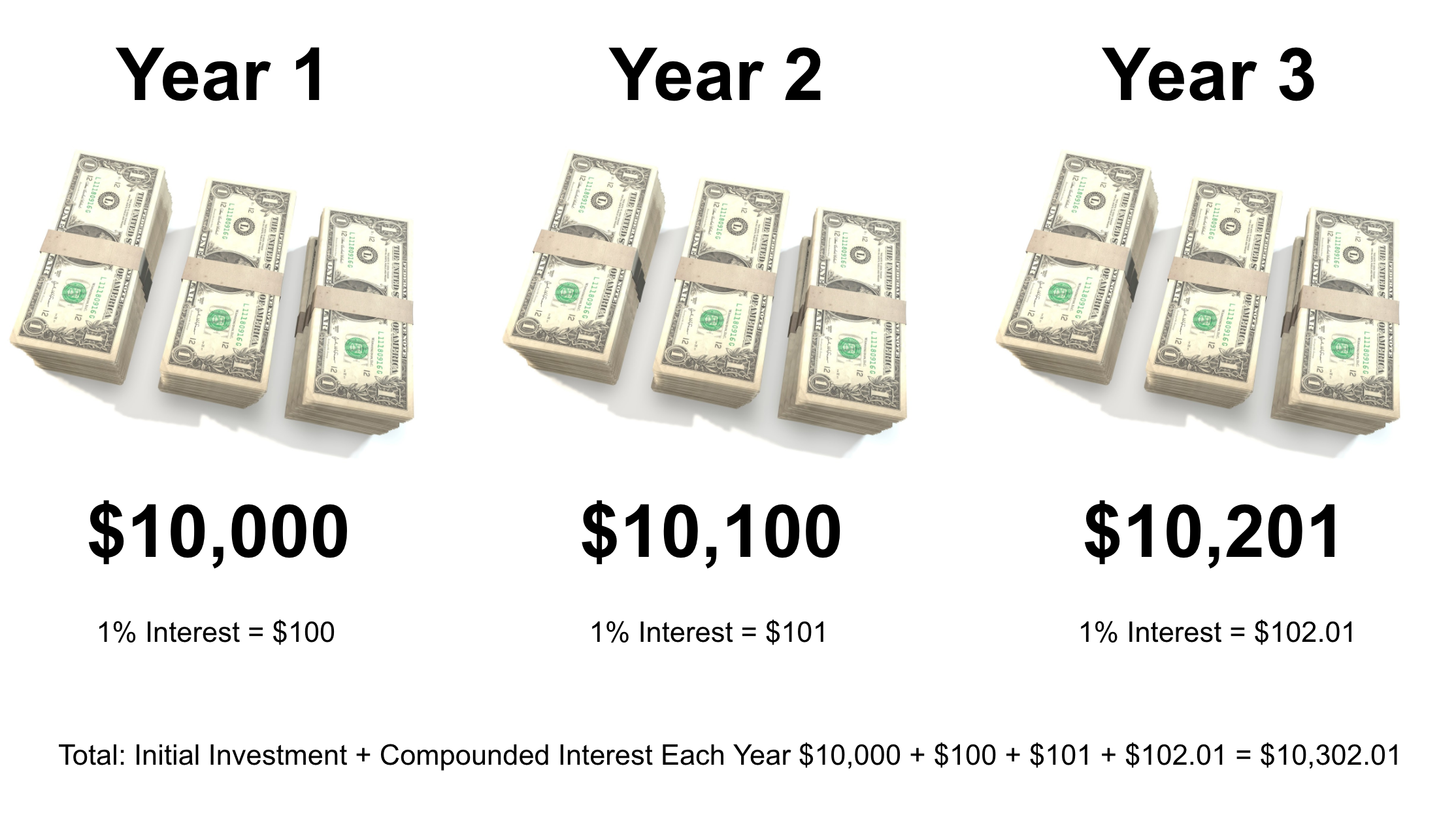“Life is like a box of chocolates. You never know what you’re gonna get.” Amen to that, Forrest Gump. Life is crazy, beautiful, and often times unpredictable. Let me tell you how one of the hardest, scariest times of my life turned out to be the biggest blessing in disguise. How having an Emergency Fund helped me land my dream job.
Getting Laid Off
I vividly remember sitting in the CEO’s office and having the difficult conversation: I was going to be laid off, effective immediately. You see, I worked for a Silicon Valley startup. Joining a startup is risky. The company may take off, it may go under, or it may get acquired. While I knew the CEO’s hands were tied, I couldn’t help but feel a sense of panic. I left the office, cashed my final check, and a flood of concerns ran through my mind. What was I going to do? How was I going to survive? When would I find another job? Shocked and scared I drove home.
How Was I Going to Survive?
Once I got home and had some time to digest what had happened, I decided I needed to take control of the situation. My first step was to answer the question: How was I going to survive?
I needed to get my finances in order. So, I sat down, looked at my bank account and felt an immediate sense of relief. Before joining the startup I had built a 6-month Emergency Fund. My Emergency Fund had already come in handy many times over the last few years. When my car was flooded, my MacBook was stolen, and when I got laid off—I was always surprised—but having an Emergency Fund meant I was financially prepared.
I honestly can’t tell you how much of a relief it is during times of crisis and uncertainty to know that you’re going to be okay. In this case having a fully funded Emergency Fund allowed me the freedom to dream. Sure, I didn’t have a job and I had no clue what was next. But having that Emergency Fund meant I didn’t have to take just any job. It allowed me to take the time to figure out the next best step for me.
What Was I Going to Do?
I’m a firm believer that life is what you make of it. Sure, it would have been easy to complain to my friends and family that I was dealt an unfair hand. But what would that accomplish? I decided to take life by the proverbial horns and make the most of my newfound free time. I suddenly had an extra 8 hours a day to do whatever I wanted. I decided to focus most of my energy on doing what I love: providing financial tips to millennials.
Every day during my unemployment I woke up at 8:00 AM, worked out, and headed to the public library. I edited YouTube videos, wrote blog posts, created an ebook, and read countless personal finance books. It would have been easy for me to sleep in, watch reality TV shows, and eat junk food all day. But I knew those habits weren’t going to make me feel good. Doing what I loved, putting all of my energy into something that would help people feel confident and secure, that was how I was going to turn a bad situation into a blessing.
Gaining Momentum
A couple of weeks into my unemployment I received an email from a writer for Grow, the Acorns blog. Taylor had discovered my YouTube channel and wanted to interview me on how I was able to save a large portion of my income. I was ecstatic. After working tirelessly to provide great content, someone had noticed and wanted to learn more. I was channeling my passion and it was well received. I wholeheartedly believe this was the universe rewarding my moxie.
Would I Find Another Job?
A few months after getting laid off I received another intriguing email. Jeff discovered my article on Acorns and wanted to chat about personal finance. We met and had a fantastic conversation. We shared many of the same viewpoints and he mentioned he worked for a company working to help people take control of their finances. I left our meeting feeling invigorated and wanted to learn more about the company. I was excited to talk more about where the company was going, what the culture was like, and ultimately what the company believed in.
It turns out Jeff left the conversation with an equally positive experience. He ended up introducing me to his colleagues, and one meeting led to another. Before I knew it I was in a boardroom presenting to the CEO and getting offered a position at BrightPlan.
Turning Tables
Fast forward a few months and today I can confidently say I have my dream job. Before, when people would talk about how much they loved going to work I would secretly roll my eyes. I didn’t believe that people could honestly enjoy their jobs. I knew you could like your job but to love your job was a bit excessive.
Now I am proud to say that I am one of those people who loves their job. You see, I believe that anyone can be wealthy, it just takes time, planning, and a lot of patience. Today I find myself stepping into the office, lucky enough to work with a talented team who share that same belief. I have the opportunity to work with a group of people who are just as passionate as me about helping others achieve their financial goals.
Life Has a Way of Surprising You
Life is funny. One minute you may be living your best life and the next day life decides to knock you over the head with a 2×4, just to see what you’re made of. We can’t always control what happens to us but we can control how we react. We hear financial experts telling us why an Emergency Fund is crucial. We know it’s important but don’t always realize just how valuable an Emergency Fund can be. Take it from someone who has been knocked down once or twice: having an Emergency Fund was one of the best things I could have done for myself.
You never know what tomorrow brings but you can plan and prepare. That way, when something unexpected and scary does happen it doesn’t have to be the end of the world. And who knows? Maybe, it could end up being a blessing in disguise.
This post was originally published on The BrightSide.



